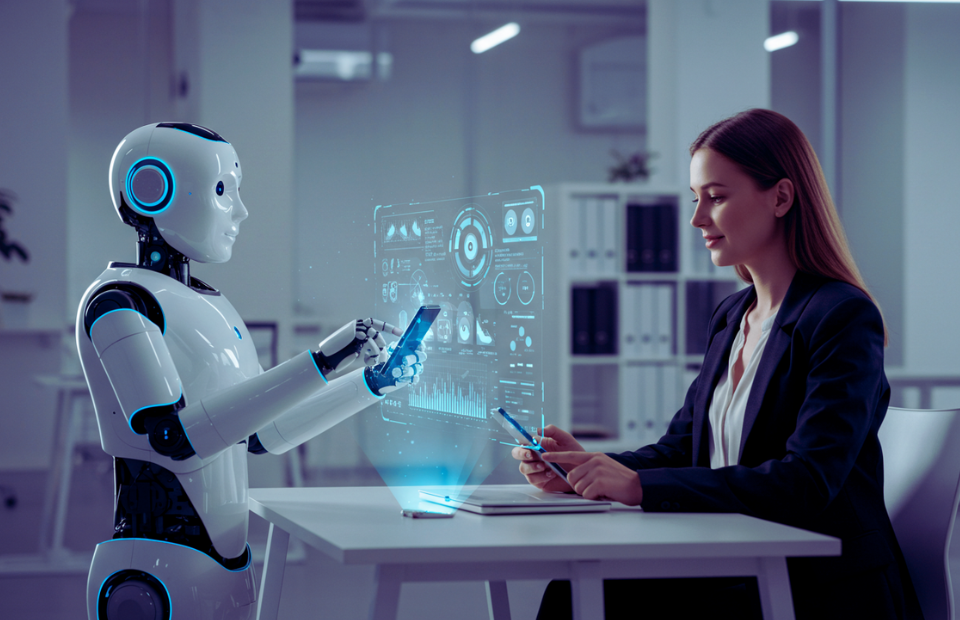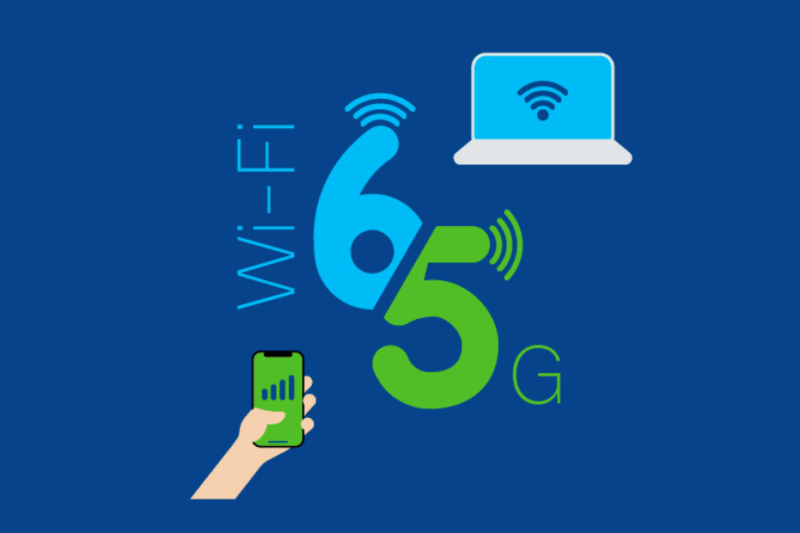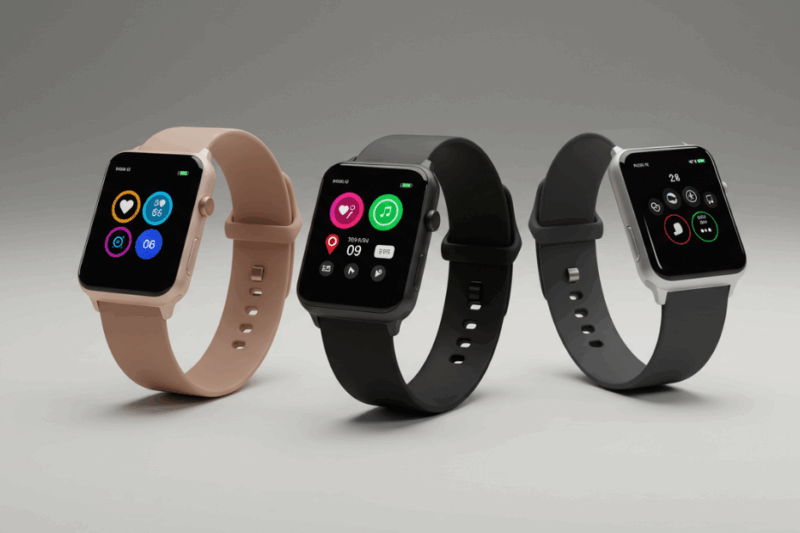Artificial Intelligence (AI) has moved beyond sci-fi fantasies to become a cornerstone of daily life in 2025. From how we shop to how we learn, AI is reshaping routines, enhancing convenience, and sparking new possibilities. Here’s a look at how AI is transforming everyday life and what it means for you.

1. Smarter Personal Assistants
AI-powered virtual assistants like Siri, Alexa, and Google Assistant have evolved into intuitive companions.
- Context-Aware Responses: Assistants now understand complex queries, like “Plan my weekend based on my calendar and weather,” pulling data from multiple sources.
- Home Automation: AI integrates with smart home devices to control lighting, thermostats, and security systems via voice or predictive routines.
- Personalized Suggestions: Assistants recommend recipes, workouts, or playlists based on your habits, making daily tasks seamless.
Impact: In 2025, over 70% of households use AI assistants, saving time and reducing decision fatigue (Statista, 2024).
2. Revolutionizing Healthcare
AI is making healthcare more accessible and precise.
- Early Diagnosis: AI tools analyze medical images or wearables data to detect conditions like cancer or heart issues earlier than traditional methods.
- Telemedicine: AI chatbots triage symptoms and schedule virtual doctor visits, reducing wait times.
- Personalized Treatment: Algorithms tailor treatment plans based on genetic data, improving outcomes for chronic diseases.
Example: Wearables like the Apple Watch now use AI to monitor blood oxygen and predict potential health risks, alerting users proactively.
3. Transforming Shopping and E-Commerce
AI is redefining how we shop online and in stores.
- Personalized Recommendations: Platforms like Amazon use AI to suggest products based on browsing history and preferences, driving 35% of their sales (Forbes, 2024).
- Virtual Try-Ons: AI-powered AR lets you “try” clothes or makeup via apps, reducing returns.
- Dynamic Pricing: Retailers adjust prices in real-time based on demand, location, or user behavior.
Impact: AI enhances convenience but raises privacy concerns, as 62% of consumers worry about data tracking (Pew Research, 2025).
4. Enhancing Education and Learning
AI is personalizing education for students and professionals.
- Adaptive Learning: Platforms like Duolingo or Khan Academy adjust lessons to match a learner’s pace and skill level.
- AI Tutors: Chatbots provide instant homework help or explain complex concepts, accessible 24/7.
- Career Training: AI recommends courses or certifications based on job market trends, helping professionals upskill.
Stat: AI-driven education tools have boosted student engagement by 30% in online courses (EdTech Review, 2025).
5. Streamlining Work and Productivity
AI is reshaping workplaces by automating tasks and enhancing decision-making.
- Task Automation: Tools like Zapier or Microsoft Copilot automate repetitive tasks like scheduling or data entry, freeing up time.
- Content Creation: AI platforms generate reports, emails, or creative content, speeding up workflows for marketers and writers.
- Predictive Analytics: Businesses use AI to forecast sales, optimize supply chains, or identify hiring needs.
Example: AI tools like Notion AI help teams summarize meeting notes and prioritize tasks, boosting productivity by 25% (Gartner, 2025).
6. Improving Transportation and Mobility
AI is driving innovation in how we move.
- Self-Driving Cars: Companies like Tesla and Waymo use AI for autonomous driving, reducing accidents caused by human error.
- Traffic Management: AI optimizes traffic signals in cities, cutting commute times by up to 15% in urban areas (MIT, 2024).
- Ride-Sharing: Apps like Uber use AI to predict demand and match drivers with riders efficiently.
Impact: Autonomous vehicles are projected to account for 10% of global car sales by 2030, transforming daily commutes.
7. Personalizing Entertainment
AI curates entertainment to match individual tastes.
- Streaming Services: Netflix and Spotify use AI to recommend shows or songs, accounting for 80% of content watched or listened to (Netflix, 2024).
- Content Creation: AI generates short-form videos or music, enabling creators to produce content faster.
- Gaming: AI-driven NPCs (non-player characters) in games like Starfield adapt to player choices, creating immersive experiences.
Trend: In 2025, AI-generated content is expected to make up 20% of social media videos, blurring lines between human and machine creativity.
8. Challenges and Considerations
While AI brings benefits, it also raises concerns.
- Privacy: AI’s reliance on data collection sparks debates about surveillance and consent.
- Job Displacement: Automation may reduce demand for roles like data entry or customer service, though it creates new jobs in AI development.
- Bias: AI systems can perpetuate biases if trained on flawed data, requiring careful oversight.
Solution: Stay informed about AI regulations, like the EU’s AI Act (2025), and support ethical AI development.
How to Embrace AI in Your Daily Life
- Experiment with Tools: Try AI apps like Grammarly for writing or MidJourney for creative projects.
- Learn the Basics: Take free online courses on platforms like Coursera to understand AI’s potential.
- Set Boundaries: Opt out of unnecessary data tracking and review privacy settings on AI-powered devices.
Conclusion
AI is no longer a distant concept—it’s woven into how we live, work, and play in 2025. From smarter homes to personalized healthcare, its impact is undeniable. By understanding and responsibly adopting AI, you can harness its benefits while navigating its challenges. As AI continues to evolve, staying curious and informed will help you make the most of this transformative technology.


